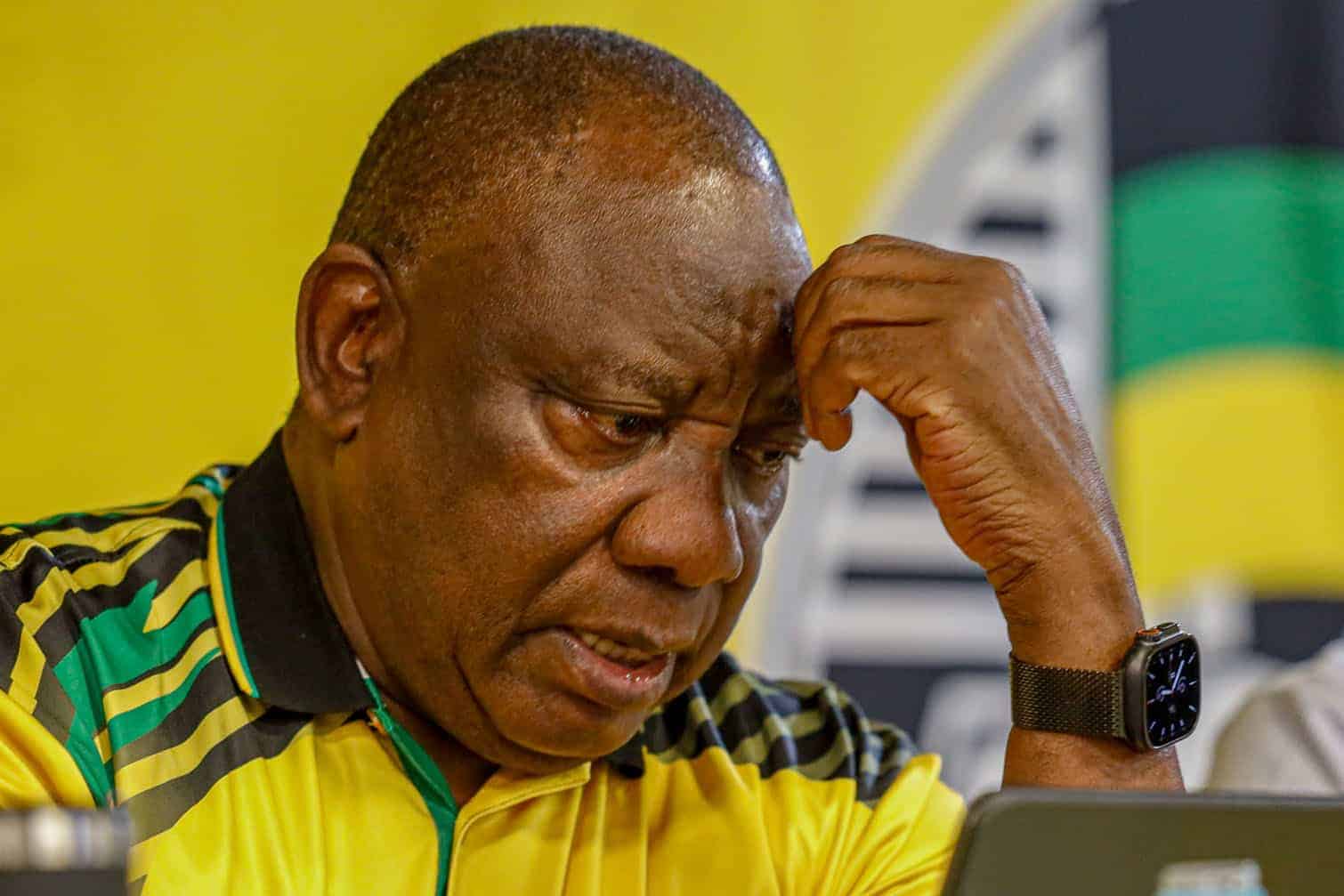While some residents point to improvements since apartheid, the real problems that people face every day are still there.

President Cyril Ramaphosa claims that Johannesburg has worked hard to upgrade Soweto over the past decade, spotlighting it as a beacon of progress. But, according to many who actually live there, nothing could be further from the truth.
“Johannesburg, in the past 10 years or so, has really made a great effort to upscale Soweto, where I grew up, which was really, really horrible. But now Soweto, in the main, has been largely upgraded because of the attention that the City of Johannesburg paid [to the area],” Ramaphosa stated in Parliament this week.
However, when The Citizen visited Soweto in the days following his claim, it found a region struggling to arrest a slide in service delivery. New housing developments under construction shared space with informal structures erected by the homeless. Rubble and litter painted pavements, and roads had degraded to merely strips of tar between large potholes. Power cuts are common, whether through load reduction or frequent unplanned outages, and water is scarce in some parts.
But has the area been ‘upgraded’?
Our survey of residents across multiple areas in Soweto showed that people disagreed sharply on whether real change has happened, but all recognise that the area is in freefall.
While some said things have gotten better since apartheid, others strongly disagreed with the president, pointing to ongoing problems with basic services, no jobs, and continued hardship as proof that little has truly improved.
People across the areas visited consistently said that water and electricity failures are their biggest problems.
A resident from Chiawelo, where Ramaphosa grew up, spoke openly about her frustration with unreliable services.
“I haven’t seen any change around here, especially when it comes to service delivery. There are no jobs; we want jobs. When it comes to the service delivery, we are always without water. We live without water; you might get it today, but the taps will be dry tomorrow. Sometimes the water goes out for an entire week or two weeks,” Ms Mnyama said.
According to Mnyama, water sometimes only comes at night and then stops before the sun rises.
Any progress that may have started ten years ago was reversed, and the situation worsened, three or four years ago.
“We live constantly without water and electricity. That’s our main problem,” Mnyama stated.
In Dobsonville, Mr Bolani, who had been unemployed for over a decade before receiving a pension, said the same issues persist in his neighbourhood.
“We spend days and entire weekends without water and electricity. There are houses without electricity right now because a transformer blew up, but no one is coming to fix it. The government doesn’t do anything for us. Whatever they say they’re doing, we don’t see it,” Bolani said.
ALSO READ: SA intelligence crippled by political interference warns politician, experts
‘Upgraded’ unemployment?
Beyond broken pipes and power cuts, the lack of jobs is what worries residents most.
For all the “focus” put on Soweto over the last decade, many residents are still unemployed. According to StatsSA, 4.9 million were employed in Gauteng (of which Soweto is a part) in the second quarter of 2015. The number of new jobs created since then is 217 000 in ten years, while the population has grown by 2.8 million.
Unemployment figures for Soweto are more dire than the average for Gauteng. A report by the Gauteng City-Region Observatory noted unemployment rates in the township are mostly around 51-60%, with several areas as low as 21-30%.
Many people who spoke to The Citizen said that without work, nothing else matters.
Isaac, a small-scale gardener in Chiawelo who has been given space by his local school to farm, explained that he did not want to spend his days sitting around doing nothing. He added that he does not want to be part of a population that “wakes up and sits on the corner.”
Isaac said that even with his garden, he does not have the equipment he needs.
‘Upgraded’ crime?
He linked bigger problems in his community back to unemployment, crime, and gangsterism.
“There is a gang called Amapantsula that terrorises the community constantly. We want the government to intervene, or they should give us the jobs and resources to help keep our communities safe,” Isaac said.
In Meadowlands, Zone 9, Mrs Hlomuka was worried because there is not enough policing in townships.
Her house was broken into just days before we spoke to her. She wanted the government to “strengthen policing in townships”, along with creating jobs and fixing the water and electricity.
She said that young people turn to drugs and alcohol because they have no jobs and feel hopeless.
“Our children turn to drugs and alcohol because they are frustrated from being unemployed,” she said.
Bolani stated that the government’s pension payments are insufficient. He argued that it cannot feed an entire family. He noted that most families, like his, rely on one person’s pension to make ends meet.
“The government doesn’t do anything for us,” he said, describing the money as too little to live on.
Upgrades that didn’t last
Thabang, a shoemaker, was more positive than others.
He said things are much better now than they were under apartheid and gave the government credit.
“The ANC introduced us to a lot of things that we were not used to,” he said, listing parks, malls, and streetlights as things that have changed.
But Thabang also had doubts.
He pointed out that while older systems have improved, he has not seen new advancements lately.
“When it comes to recent improvements to, say, infrastructure, I haven’t really seen any change.”
He still has hope for the future, though.
“As time goes there will be improvement because Ramaphosa is fixing things,” Thabang said.
Doreen works as a domestic worker and has lived in Chiawelo for about five years.
She described her experience as life getting harder, not easier.
“I see a complex life. A life that is worsening in hardships,” Doreen explained.
When she first started working in her current house, the area had very little water. She revealed that her boss had to buy a jojo tank to store water. The daily power cuts make her work harder and slower. She feels like things are getting worse, not better.
ALSO READ: Is the latest ANC economic action plan a bid to trick voters?
‘Upgrading’ self-enrichment and corruption?
Some residents blamed local leaders for slow progress and wasted money.
Medupe claimed that councillors only help people they favour, rather than everyone who votes for them.
“Ramaphosa should speak to these councillors. They should deliver equal service delivery to the people who vote for them,” Medupe stated.
Medupe believed the problem was not the president but local officials who failed to perform their duties effectively.
“The president has no problem, he gives people their jobs, they just don’t do them, and if they do, they don’t do them well,” he said.
Thapelo from Jabulani blamed corruption inside the ANC for why young people cannot find work.
He said the issue was officials stealing money meant for communities.
“I see him [Ramaphosa] doing the right things. The oppression of the ANC is largely due to corruption and sabotage from outsiders. If they weren’t corrupt and eating tender money, the youth would be working,” Thapelo said.






